Description
This work is a collection of the Japanese radio program “SOUND STREET”. Bowie, who visited Japan for “SERIOUS MOONLIGHT JAPAN TOUR 1983”, appeared as a guest on the day of the professor who also co-starred with him in the movie “Christmas on the Battlefield”. A special program called “Playing Bowie’s Favorite Songs” was broadcast. This work is the air check tape. The program is conducted by three people: the DJ professor, Bowie, and a familiar British music critic who acts as an interpreter. They talk about Bowie’s selections while playing them. The selections are six songs from P.I.L., ALAN FREED & HIS ROCK, VELVET UNDERGROUND, JACKIE WILSON, YMO, and LITTLE RICHARD. Above all, Bowie’s comments about his feelings about the songs are really good. “LITTLE RICHARD was what made me want to become a musician,” “When I listened to ALAN FREED & HIS ROCK when I was little, I wanted to play the saxophone. That’s why I’m opening for the current tour,” “JACKIE WILSON collapsed on stage a few years ago and is still in critical condition (he passed away two months after this broadcast). It’s sad,” and so on, he talks about his feelings for his roots in his own voice. You might think that the show will be filled with roots music, but he also selected songs by P.I.L. and VELVET UNDERGROUND, who debuted at the same time. There is a great candid conversation between musicians who went through the New Wave movement, and friends, including professors and critics. “It’s ridiculously monotonous, but that’s what makes it work. This is the only song I like by P.I.L.,” “When I listen to the Velvets after the New Wave storm has ended, I feel the original shining originality,” “YMO goes well with strip music (laughs),” and so on. The conversation then expanded to how they perceived classical and pop music, and their antennae for other genres, with Bowie saying, “When your perspective on music narrows, your own music becomes limited too. That’s sad.” If you think about it, this was during Bowie’s time in Berlin, when he was trying to turn into a pop star after going through New Wave, so these words are very heavy. The three of them seemed to be having a lively discussion about music without knowing where to stop, even while playing songs. Before JACKIE WILSON, they were talking about songs, but by the time they finished, they were talking about sound creation. Even there, he said, “In ‘STATION TO STATION’ and ‘LOW’, I played around with a lot of different equipment, but recently I’ve been aiming for a simple and easy-to-understand sound. I went too far with ‘LOW’,” and his comments, which are full of his own real feelings, are interesting. In general, Japanese broadcasts tend to be shallow, like the “showbiz” kind of thing, but this work is on a completely different level. Even when asked the kind of question that a celebrity reporter might ask, “What do you think about coming to Japan after five years?”, Bowie responds from the perspective of music and art, while the other two take the question head-on. It’s not just a conversation between music lovers, but a talk between three people who have chosen music as their job and their way of life. There’s no talk of complicated music theory, but it’s a deep world where the real feelings they carry are apparent in every joke and every response. It’s because they’re fellow musicians and friends that the “real face of Bowie the musician” emerges. Enjoy a moment of conversation with him as “fellow music lovers”. Broadcast: 22nd November 1983 Public Image Ltd – (This is Not a) Love Song / Alan Freed & His Rock – Right Now, Right Now Velvet Underground – Here She Comes Now / Jackie Wilson – Lonely Teardrops Little Richard – True Fine Mama
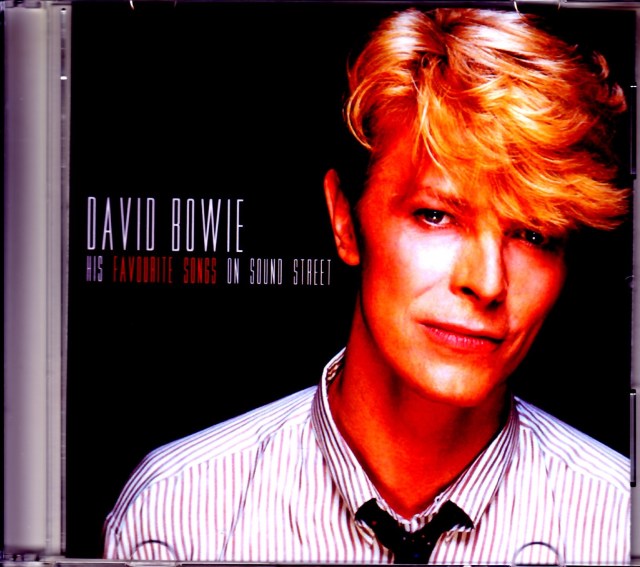

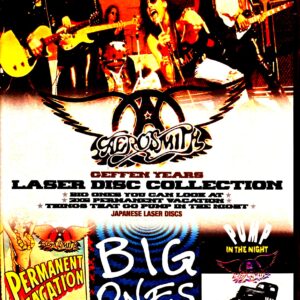
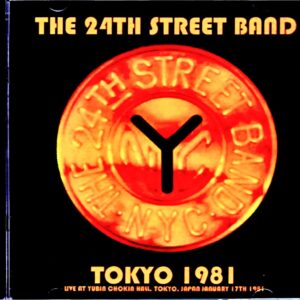
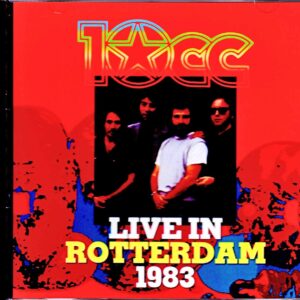
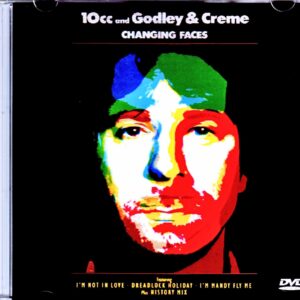
Reviews
There are no reviews yet.